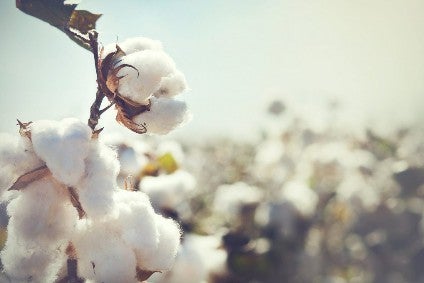
Brands on the new traceability panel include Bestseller, M&S and Zalando.
The traceability panel will work with suppliers, NGOs and independent experts in supply chain assurance to develop an approach that meets the pressing needs of industry today. It will address all aspects of the cotton supply chain, from farmers in the field through production to the consumer.
Better Cotton has gathered input from over 1,500 organisations so far who have made it clear that traceability is business-critical across the whole industry but also that retailers and brands need to integrate sustainability and traceability into their standard business practices. Findings from this research highlighted that 84% indicated a business ‘need to know’ where the cotton in their products was grown. In fact, 4 in 5 suppliers surveyed sought the benefit of an enhanced traceability system. Currently only 15% of apparel companies claim to have full visibility of the raw materials that go into their products according to a recent study by KPMG.
Specifically Better Cotton and the new traceability panel will provide substantial investment to:
- Further develop existing farm to gin tracing arrangements to underpin physical traceability
- Build on its existing trading platform tracking movement of a quarter of the world’s cotton through 8000 organisations to make it possible. Fully trace any of the cotton that enters the system within a few years.
- Use different technology solutions and credibility arrangements to clearly distinguish country of origin initially and environmental and social practices by growers eventually.
- Create new market mechanisms that bring value for farmers, such as rewarding them for carbon sequestration.
- Focus on farmers – both big and small – providing training, ensuring proper working conditions, helping them access preferential financing and securing their ability to enter international value chains.
The launch of the traceability panel follows the EU Commission adopting a proposal on due diligence at the end of February. The directive means clothing brands selling and operating within the bloc will be held to account over the impact of their operations on the environment and people working within their supply chains.
Alan McClay, CEO of Better Cotton said: “Many fashion retailers simply don’t know where the cotton in their clothes comes from. The reasons for not knowing are numerous, and in many cases, legitimate. This traceability panel is a major step toward addressing the reasons behind this inability to track back to the source. We intend to address sourcing and intellectual property issues head-on. Higher supply chain assurance comes at a cost –as verifying the exact origins of a garment requires more checks and controls – so the investment of additional resources will be critical. “
Katharine Beacham, head of materials and sustainability at M&S added: “Having worked in partnership with Better Cotton for over a decade, at M&S we have been at the forefront of sourcing more responsible cotton. We met our commitment of reaching 100% responsibly sourced cotton in our clothing in 2019 – but there is still work to be done to improve traceability. We’re proud to be a part of Better Cotton’s Traceability Panel which will help to further accelerate progress within the industry.”
Laura Coppen, head of circularity at Zalando – a leading European online platform for fashion and lifestyle also commented: “Fashion consumers are increasingly demanding to know the provenance of their purchases and at Zalando, we aim to offer this deeper level of transparency to our customers. We are all aware how complex this issue is within our industry and initiatives like the Better Cotton traceability panel will help to accelerate progress – with action to support sustainable business growth for all in the supply chain. This includes setting ambitious targets and ensuring these are actioned promptly.”



